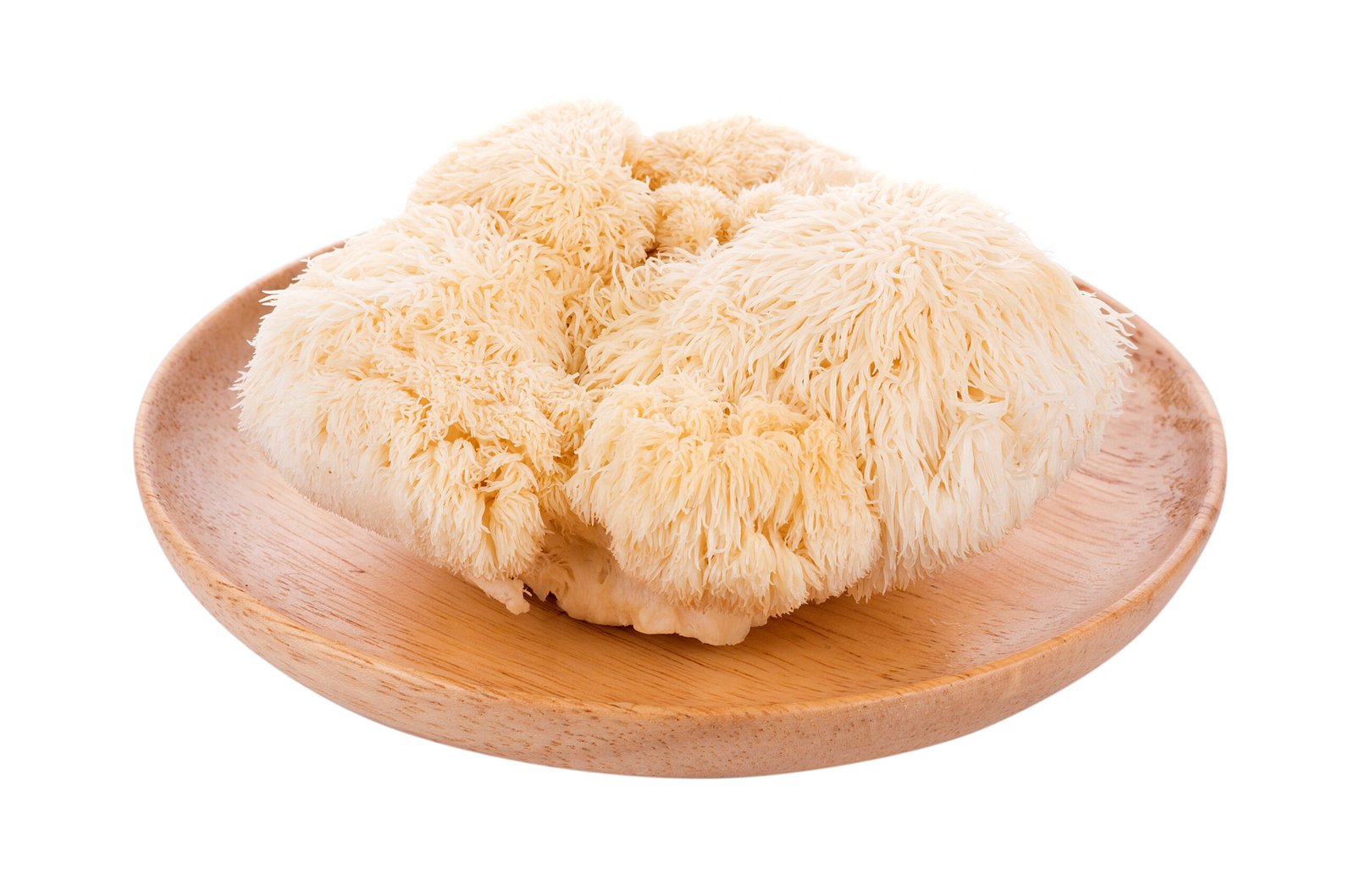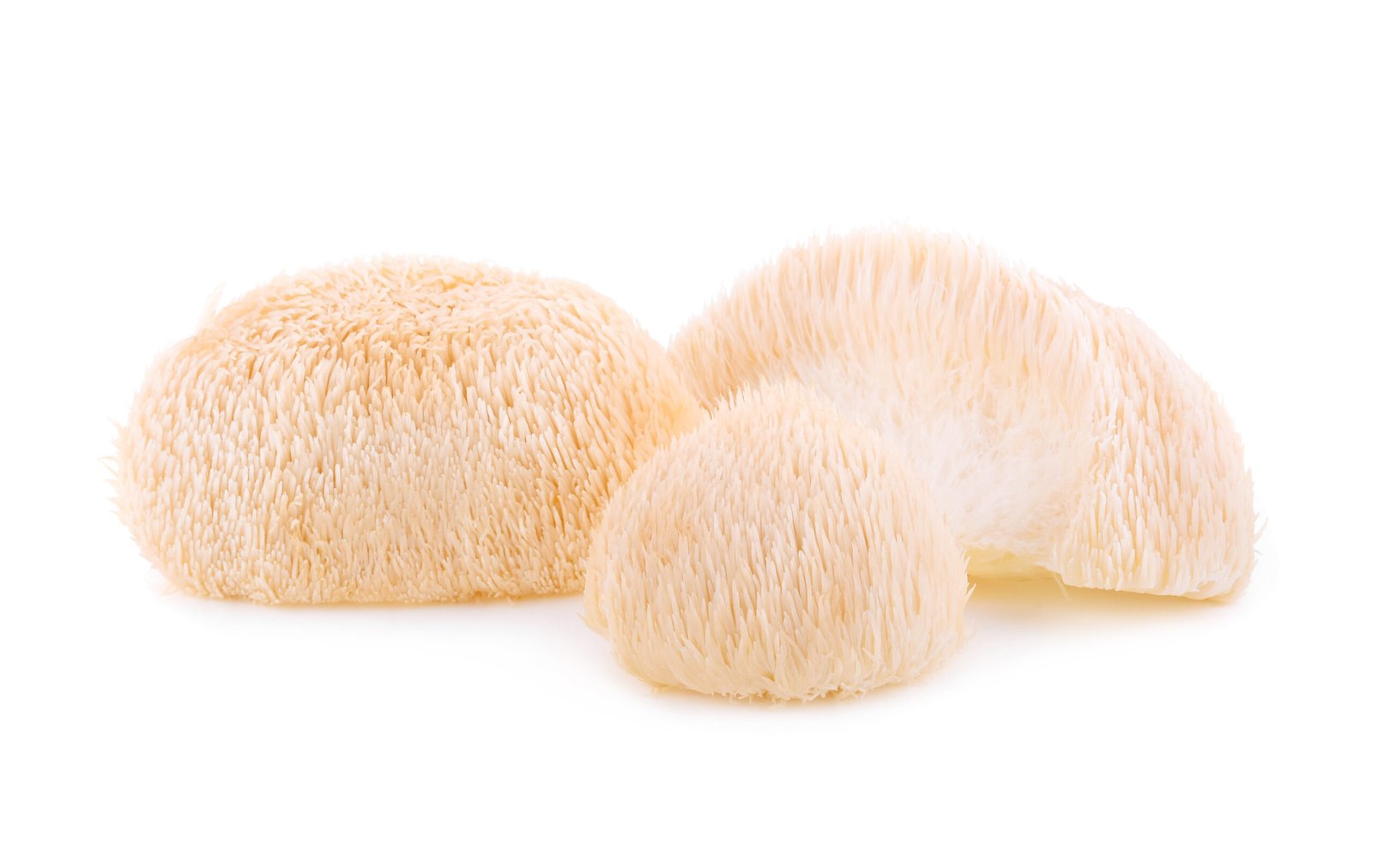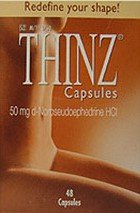Introduction to Lion’s Mane Mushroom
The Lion’s Mane mushroom, scientifically known as Hericium erinaceus, is a unique and intriguing fungus that has garnered attention for its distinctive appearance and potential health benefits. The Lion’s Mane mushroom is distinguished by its unique, waterfall-like spines that look like a lion’s mane, giving it its name. It’s found across North America, Europe, and Asia, favoring the temperate forests where it grows on living and dead hardwoods, especially on oak, beech, and maple trees.
The Lion’s Mane mushroom has a storied history, particularly in Asian nations like China and Japan. It’s been celebrated for hundreds of years, not just as a gourmet treat but also for its health benefits. In traditional Chinese medicine, it’s prized for boosting brain power, aiding digestion, and increasing overall energy. Over in Japan, it goes by “Yamabushitake” and is a favorite among Buddhist monks for improving concentration and focus during meditation.
In addition to its historical and cultural significance, the Lion’s Mane mushroom has recently gained popularity in the Western world, where it is being studied for its potential nootropic effects. Nootropics, known for their potential to enhance cognitive abilities, have gained attention with Lion’s Mane mushroom at the forefront. Compounds like hericenones and erinacines in Lion’s Mane may encourage the production of nerve growth factor (NGF), crucial for neuron development and upkeep. This revelation has sparked a surge in popularity for Lion’s Mane as a natural aid for cognitive health and performance.
Overall, the Lion’s Mane mushroom is a fascinating organism with a rich history and a promising future. Its unique appearance, traditional uses, and emerging potential as a nootropic make it a subject worthy of further exploration and study.

The Origins of Lion’s Mane as a Health Supplement
Lion’s Mane mushroom, known scientifically as Hericium erinaceus, has a long history rooted in traditional medicine, particularly within Asian cultures. For centuries, it has been revered in Chinese and Japanese medicinal practices for its purported health benefits, ranging from enhancing cognitive function to boosting the immune system. Its unique, cascading appearance reminiscent of a lion’s mane has not only captured the imagination but also the interest of health practitioners.

Over time, the traditional use of Lion’s Mane as a remedy began to pique the interest of the scientific community. A series of pivotal studies and research efforts in the late 20th and early 21st centuries brought substantial attention to its potential health benefits. Researchers discovered that Lion’s Mane contains bioactive compounds such as hericenones and erinacines, which are believed to stimulate nerve growth factor (NGF) production. This discovery was particularly significant as NGF plays a crucial role in the growth, maintenance, and survival of neurons, thus highlighting Lion’s Mane’s potential as a nootropic supplement.
The increasing body of scientific evidence demonstrating the mushroom’s potential benefits in neuroprotection, cognitive enhancement, and overall brain health propelled its popularity beyond traditional usage. As these findings were published and disseminated, Lion’s Mane began to attract attention from the Western world. The mushroom’s growing presence in the health and wellness industry can be attributed to its versatility in form—ranging from capsules and powders to teas and tinctures—making it accessible and appealing to a broad audience.
Furthermore, the trend towards natural and holistic health solutions has bolstered the mushroom’s reputation. As consumers increasingly seek alternatives to synthetic pharmaceuticals, the demand for natural supplements like Lion’s Mane has surged. This shift reflects a broader movement towards integrating traditional knowledge with modern scientific validation, positioning Lion’s Mane as a staple in contemporary health regimens.
Health Benefits of Lion’s Mane: Focus on Nootropic Effects
Lion’s Mane mushroom, scientifically known as Hericium erinaceus, has garnered significant attention for its numerous health benefits, particularly its nootropic properties. Nootropics, often referred to as “smart drugs” or cognitive enhancers, are substances that improve brain function. They enhance memory, creativity, and overall cognitive function, making them valuable for individuals seeking to optimize their mental performance.
Research indicates that Lion’s Mane mushroom may play a crucial role in supporting brain health. A key component of its nootropic effects is the presence of hericenones and erinacines, compounds that stimulate the production of nerve growth factor (NGF). NGF is vital for the growth, maintenance, and survival of neurons, the brain cells responsible for processing and transmitting information. Studies suggest that Lion’s Mane can enhance memory and cognitive function by promoting neuronal health and synaptic plasticity, which is the brain’s ability to adapt and reorganize itself.
One notable study published in the Journal of Agricultural and Food Chemistry found that elderly participants who consumed Lion’s Mane extract experienced significant improvements in cognitive functions compared to a placebo group. This evidence supports the mushroom’s potential in mitigating age-related cognitive decline and enhancing mental clarity.
Beyond its cognitive benefits, Lion’s Mane exhibits neuroprotective properties. It may help protect brain cells from damage caused by oxidative stress and inflammation, which are linked to neurodegenerative diseases such as Alzheimer’s and Parkinson’s. By reducing inflammation and promoting neural regeneration, Lion’s Mane contributes to overall brain health.
In addition to its nootropic effects, Lion’s Mane offers other health benefits. It has anti-inflammatory properties that can help reduce chronic inflammation, a condition linked to various health issues, including heart disease and arthritis. Furthermore, its immune-boosting capabilities can enhance the body’s defense mechanisms, promoting overall wellness.
In conclusion, the Lion’s Mane mushroom is a potent nootropic that supports cognitive function, memory, and overall brain health. Its additional benefits, such as anti-inflammatory and immune-boosting properties, make it a valuable addition to a holistic approach to health and wellness.
Using Lion’s Mane to Combat Brain Fog
Lion’s Mane mushroom has garnered attention for its potential to enhance cognitive performance and mitigate brain fog, a common issue characterized by mental fatigue and lack of clarity. Integrating Lion’s Mane into one’s daily routine can be a practical approach to improving mental sharpness and overall brain health.
There are various forms of Lion’s Mane supplements available, each offering unique benefits. Capsules and powders are among the most popular, providing convenience and ease of use. Capsules are ideal for those who prefer a straightforward dosage, while powders can be mixed into smoothies, coffee, or even recipes for a more versatile intake. Another enjoyable way to consume Lion’s Mane is through teas, which not only offer the mushroom’s benefits but also provide a comforting ritual.
When considering dosage, it is essential to follow the guidelines provided by the manufacturer and consult with a healthcare professional. Generally, a dosage of 500-1000 mg of Lion’s Mane extract per day is considered effective for cognitive support. However, individual needs and responses can vary, so personalized advice from a medical expert is crucial.
Combining Lion’s Mane with other nootropics can enhance its effects. For instance, pairing it with a high-quality omega-3 supplement can support overall brain function and health. Another complementary nootropic is Bacopa Monnieri, known for its memory-enhancing properties. When used together, these supplements can create a synergistic effect, potentially offering greater cognitive benefits than when taken alone.
It is important to emphasize the significance of consulting healthcare professionals before beginning any new supplement regimen. This step ensures safety and appropriateness based on individual health conditions and existing medications. Lion’s Mane mushroom shows promising potential in combating brain fog and enhancing cognitive performance, but informed and cautious use is paramount for achieving the best results.
Find out more about a Nootropic with a powerful combination of 11 Ingredients to improve Brain Power






